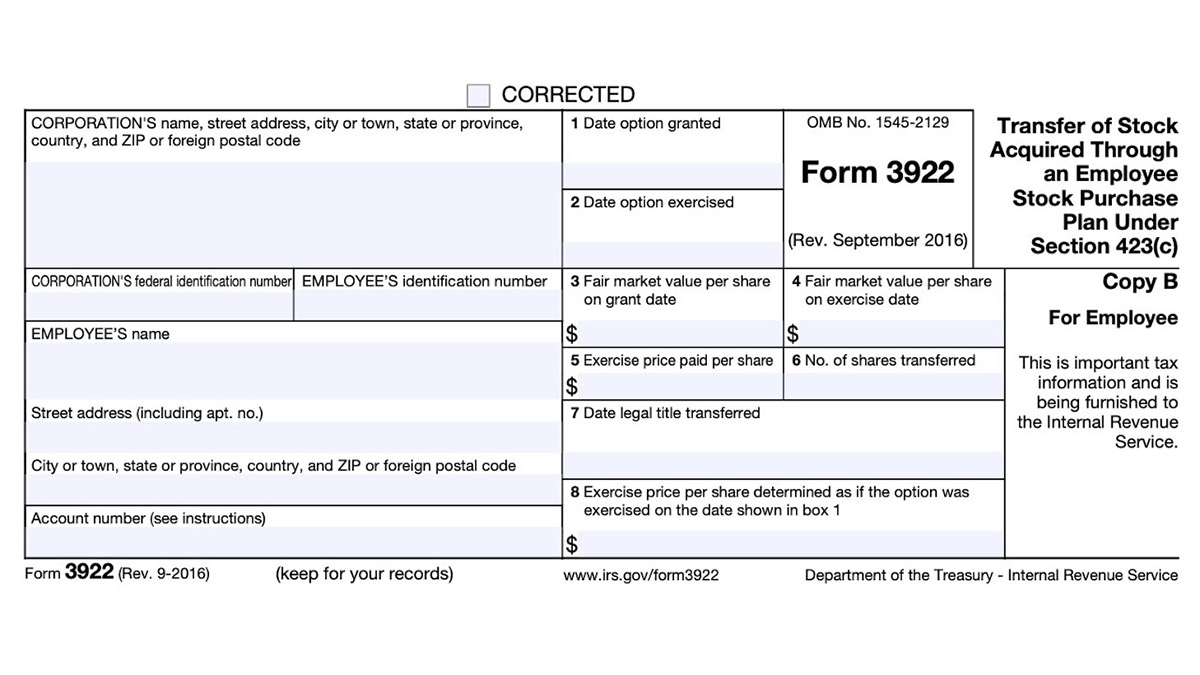Home>Finance>Portfolio Manager: Definition, Types, And Duties


Finance
Portfolio Manager: Definition, Types, And Duties
Published: January 9, 2024
Explore the role of a portfolio manager in finance, including definition, types, and duties. Gain insights into this vital position and its impact on investment strategies.
(Many of the links in this article redirect to a specific reviewed product. Your purchase of these products through affiliate links helps to generate commission for LiveWell, at no extra cost. Learn more)
Portfolio Manager: Definition, Types, and Duties
Are you considering a career in finance? Interested in managing investments and helping clients achieve their financial goals? Then becoming a portfolio manager might be the perfect fit for you. In this blog post, we will explore the role of a portfolio manager, the different types of portfolio managers, and their key responsibilities. So, let’s dive right in and uncover the essence of portfolio management!
Key Takeaways:
- A portfolio manager is a finance professional responsible for overseeing investment portfolios on behalf of individuals, organizations, or institutions.
- There are two main types of portfolio managers: discretionary and non-discretionary. Discretionary portfolio managers have the authority to make investment decisions, while non-discretionary portfolio managers provide recommendations to clients who ultimately make the investment decisions themselves.
What is a Portfolio Manager?
At its core, a portfolio manager is an individual who manages investment portfolios on behalf of clients. They are entrusted with the responsibility of making investment decisions, allocating assets, and ensuring the portfolio aligns with the client’s financial objectives and risk tolerance. By analyzing market trends, economic indicators, and company performance, portfolio managers aim to generate optimal returns for their clients while minimizing risk.
Portfolio managers work in various settings, including asset management firms, banks, insurance companies, or private wealth management firms. They may manage portfolios for individual investors, high net worth individuals, pension funds, or other institutional clients.
Types of Portfolio Managers
1. Discretionary Portfolio Managers: These professionals have the authority to make investment decisions on behalf of their clients. They have in-depth knowledge of financial markets, asset classes, and investment strategies. Discretionary portfolio managers closely monitor portfolio performance, proactively make adjustments as needed, and strive to achieve the highest possible returns within the client’s risk tolerance.
2. Non-discretionary Portfolio Managers: Non-discretionary portfolio managers don’t have the authority to make investment decisions; instead, they provide investment recommendations to clients. They conduct thorough market research, analyze investment opportunities, and make suggestions based on their expertise. However, it is ultimately up to the clients to approve and execute these recommendations.
Duties of a Portfolio Manager
The duties of a portfolio manager can vary depending on their specific role and the organization they work for. However, some common responsibilities include:
- Research and Analysis: Conducting thorough research and analysis of financial markets, economic conditions, and individual securities to identify potential investment opportunities and risks.
- Portfolio Construction: Constructing a well-diversified portfolio that aligns with the client’s investment objectives, risk profile, and time horizon.
- Monitoring and Adjusting: Continuously monitoring portfolio performance, tracking market trends, and making necessary adjustments to optimize returns and manage risk.
- Client Communication: Regularly communicating with clients to discuss investment strategies, performance updates, and addressing any concerns or questions they may have.
- Compliance and Regulations: Ensuring all investment decisions and practices comply with relevant regulations and legal requirements.
By effectively executing these duties, portfolio managers contribute to clients’ financial success and help them achieve their long-term goals.
In Conclusion
Becoming a portfolio manager offers an exciting career opportunity in the world of finance. Whether you choose to be a discretionary or non-discretionary portfolio manager, your expertise and decision-making skills can have a significant impact on your clients’ financial well-being. So, if you have a passion for finance and enjoy managing investments, a career as a portfolio manager may be the perfect fit for you. Start your journey today and help clients navigate the complexities of the financial markets!














